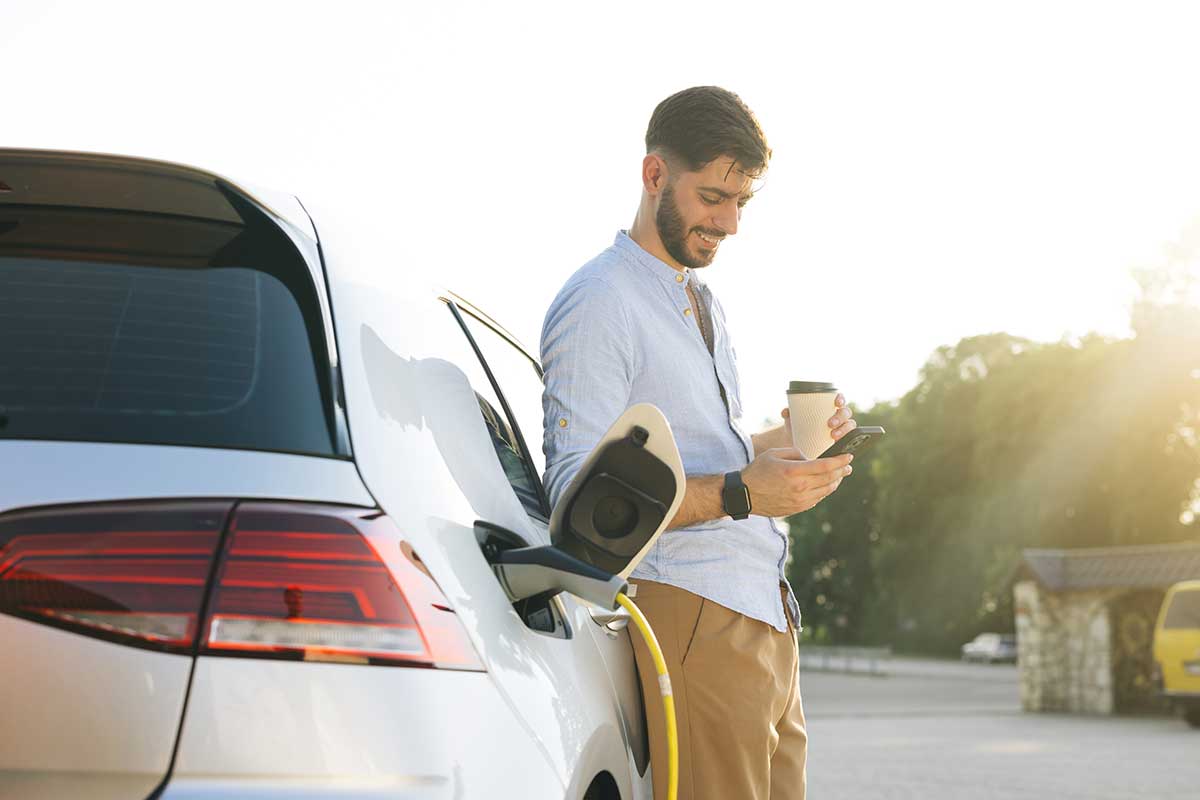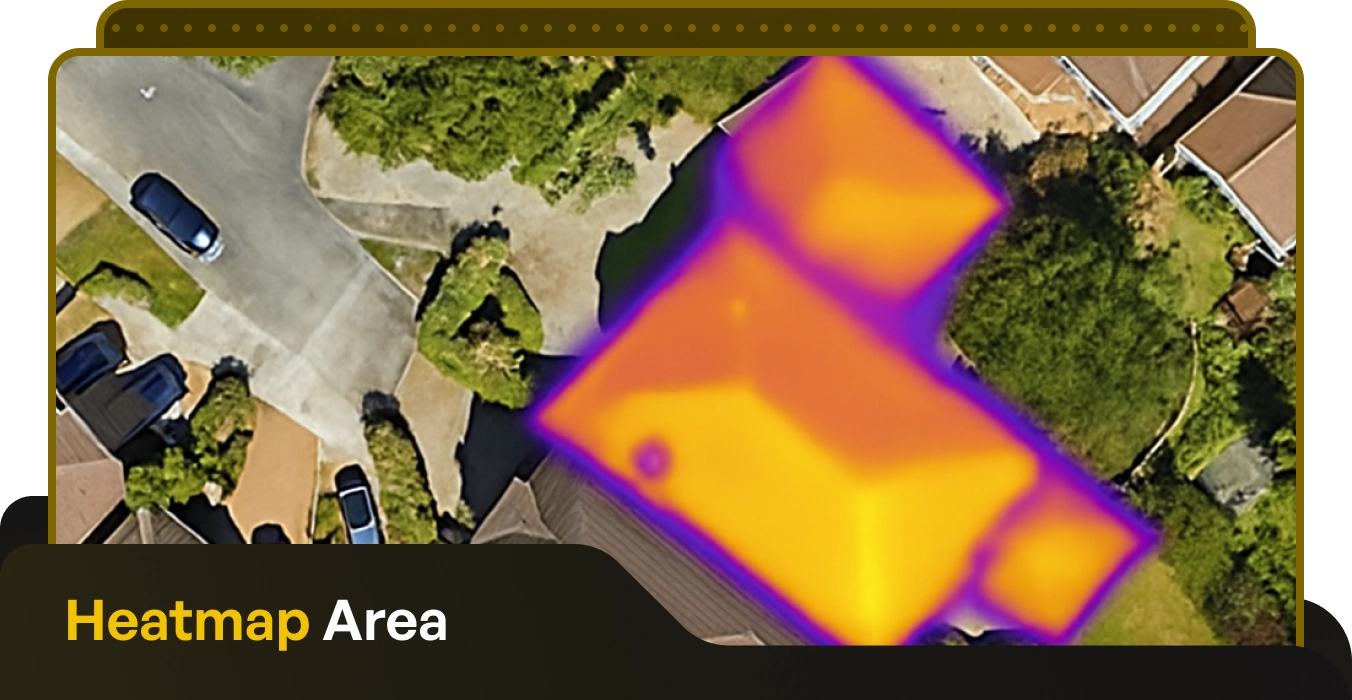Table of Contents
ESB Slashes Rates on Public EV Charging Network

Written by: Briain Kelly
Published: June 25, 2024
Last updated: October 19, 2025
Reading time: 2 mins
ESB eCars have reduced the tariffs for all of their public charging stations across the country by up to 13%, as well as restructuring their overstay fees.
The ESB operates the largest network of public charging stations for electric vehicles in Ireland, with more than 1,600 charge points nationwide.
The rates for those charge points have now been slashed by 13% for High-Power (200kW) chargers, 12% for Fast chargers, and 8% for Standard chargers.
Under the new tariff rates, charging an electric vehicle with ecars will still vary between pay-as-you-go users and those with an ecars membership.
Pay As You Go
€0.52 / kWh (Standard)
€0.57 / kWh (Fast)
€0.59 / kWh (High-Power)
Members
€0.47 / kWh (Standard)
€0.52 / kWh (Fast)
€0.54 / kWh (High-Power)
The single once-off overstay fee of €8 has been replaced with a more progressive model which encourages drivers to leave after their electric vehicle is charged by charging them over time.
The new model charges 51c per minute after 45 minutes on High-Power and Fast chargers and after 10 hours on Standard chargers.
James Dorrian, Managing Director of EnergyEfficiency.ie, welcomed the reduced tariffs which will make charging an electric car in public more affordable for many drivers, but added that improved infrastructure is still needed.
“Cheaper public EV charging is a great way to encourage more drivers to switch to electric cars, but it must go hand in hand with a massive expansion of the public EV charging network. This is even more essential for the many people who do not have off street parking which could accommodate an electric vehicle charger at home.”
ESB has installed 42 multi-vehicle, high-power charging hubs nationwide over the past two years and replaced over 300 chargers to increase the speed and capacity of the charging network.
ESB now has over 1,600 public charge points in place across the country with an average reliability rate of 98%.
Commenting on the price reduction, John Byrne, Head of eMobility at ESB, said, “We are pleased to announce a reduction of prices across our extensive EV public charging network.”
“We are lowering our prices following reductions in wholesale energy costs while continuing to upgrade and improve our charging infrastructure across the country. We keep our prices under constant review and are committed to providing value to our customers with competitive prices.”

National Electric Vehicle Charging Network
The government announced draft plans back in May to deliver large scale public EV charging networks both along major national routes, and within towns and residential areas.
The draft Regional and Local EV Charging Network Plan calls for the addition of 169,253kW worth of EV charging stations in towns and neighbourhoods by the end of next year, roughly doubling the current capacity, and for this target to reach 562,244 kW by 2030.
The plans call for city and county councils to work together within regional groups, and to prioritise locations with little to no barriers for 2025, moving on to areas with greater planning barriers and other requirements for the 2030 targets.
ESB Slashes Rates on Public EV Charging Network
Published: June 25, 2024
Last updated: October 19, 2025

Written by: Briain Kelly
Reading time: 2mins
ESB eCars have reduced the tariffs for all of their public charging stations across the country by up to 13%, as well as restructuring their overstay fees.
The ESB operates the largest network of public charging stations for electric vehicles in Ireland, with more than 1,600 charge points nationwide.
The rates for those charge points have now been slashed by 13% for High-Power (200kW) chargers, 12% for Fast chargers, and 8% for Standard chargers.
Under the new tariff rates, charging an electric vehicle with ecars will still vary between pay-as-you-go users and those with an ecars membership.
Pay As You Go
€0.52 / kWh (Standard)
€0.57 / kWh (Fast)
€0.59 / kWh (High-Power)
Members
€0.47 / kWh (Standard)
€0.52 / kWh (Fast)
€0.54 / kWh (High-Power)
The single once-off overstay fee of €8 has been replaced with a more progressive model which encourages drivers to leave after their electric vehicle is charged by charging them over time.
The new model charges 51c per minute after 45 minutes on High-Power and Fast chargers and after 10 hours on Standard chargers.
James Dorrian, Managing Director of EnergyEfficiency.ie, welcomed the reduced tariffs which will make charging an electric car in public more affordable for many drivers, but added that improved infrastructure is still needed.
“Cheaper public EV charging is a great way to encourage more drivers to switch to electric cars, but it must go hand in hand with a massive expansion of the public EV charging network. This is even more essential for the many people who do not have off street parking which could accommodate an electric vehicle charger at home.”
ESB has installed 42 multi-vehicle, high-power charging hubs nationwide over the past two years and replaced over 300 chargers to increase the speed and capacity of the charging network.
ESB now has over 1,600 public charge points in place across the country with an average reliability rate of 98%.
Commenting on the price reduction, John Byrne, Head of eMobility at ESB, said, “We are pleased to announce a reduction of prices across our extensive EV public charging network.”
“We are lowering our prices following reductions in wholesale energy costs while continuing to upgrade and improve our charging infrastructure across the country. We keep our prices under constant review and are committed to providing value to our customers with competitive prices.”

National Electric Vehicle Charging Network
The government announced draft plans back in May to deliver large scale public EV charging networks both along major national routes, and within towns and residential areas.
The draft Regional and Local EV Charging Network Plan calls for the addition of 169,253kW worth of EV charging stations in towns and neighbourhoods by the end of next year, roughly doubling the current capacity, and for this target to reach 562,244 kW by 2030.
The plans call for city and county councils to work together within regional groups, and to prioritise locations with little to no barriers for 2025, moving on to areas with greater planning barriers and other requirements for the 2030 targets.
Solar Energy Saves Households Thousands in Electricity Costs
Take our 2-minute questionnaire and find affordable solar options to suit your budget and lifestyle.



